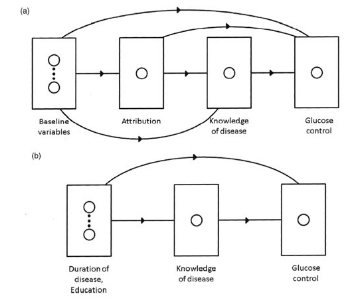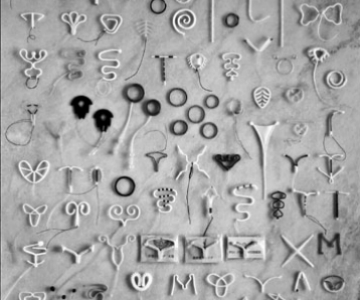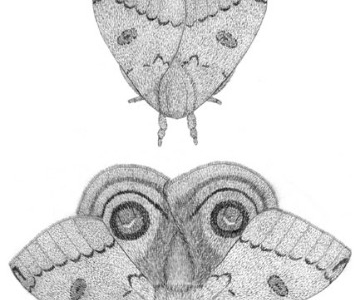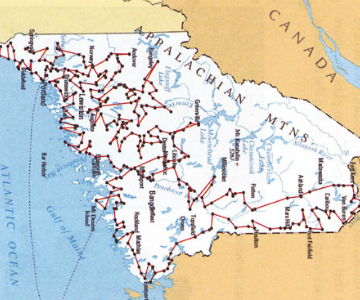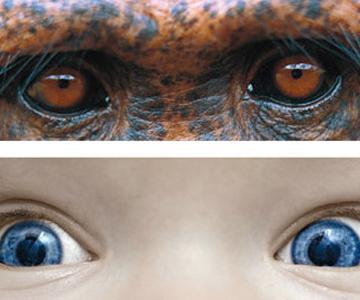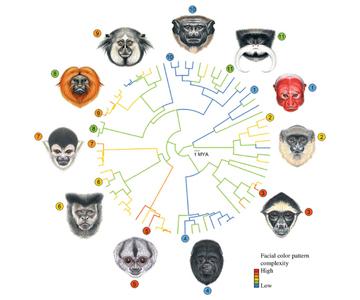Magazine
May-June 2012

May-June 2012
Volume: 100 Number: 3
Yellowstone cutthroat trout (Oncorhynchus clarkii bouvieri), native to the northern and eastern Yellowstone Plateau, swim in Slough Creek, a tributary of Yellowstone Lake. The trout spawn in streams and are a food source for grizzly bears, river otters, ospreys and other birds and mammals. They are threatened by lake trout (Salvelinus namaycush), native to the Great Lakes, which were discovered in Yellowstone Lake in 1994. The U.S. Fish and Wildlife Service estimates that these fish, which are avid piscivores, have been present in the lake since at least 1989. Lake trout do not spawn in streams, so they are harder for land animals—and wildlife managers—to catch. In March 2012, the Yellowstone Park Foundation made a $1 million grant to help reduce lake trout numbers in Yellowstone Lake. Perhaps ironically, lake trout in their original habitat are threatened by the parasitic sea lamprey (Petromyzon marinus). (Photograph by Pat Clayton.)
In This Issue
- Astronomy
- Biology
- Chemistry
- Communications
- Computer
- Engineering
- Environment
- Evolution
- Mathematics
- Medicine
- Physics
- Policy
- Psychology
- Sociology
- Technology
Herschel and the Puzzle of Infrared
Jack R. White
Astronomy Physics
An astronomer took a mental leap to first connect light and heat.
Plenty of Room at the Bottom?
William G. Eberhard, William T. Wcislo
Evolution
Tiny animals maintain oversized brains, shedding light on brain evolution.
Aquatic Invasive Species: Lessons from Cancer Research
Adam Joel Sepulveda, Andrew Ray, Robert Al-Chokhachy, Clint Muhlfeld, Robert Gresswell, Jackson Gross, Jeff Kershner
Environment Medicine
Medicine’s successes offer a model for preventing the spread of harmful species
The Soap Film: An Analogue Computer
Cyril Isenberg
Computer Mathematics Physics
Soap films provide a simple method of obtaining analogue solutions to some mathematical problems


